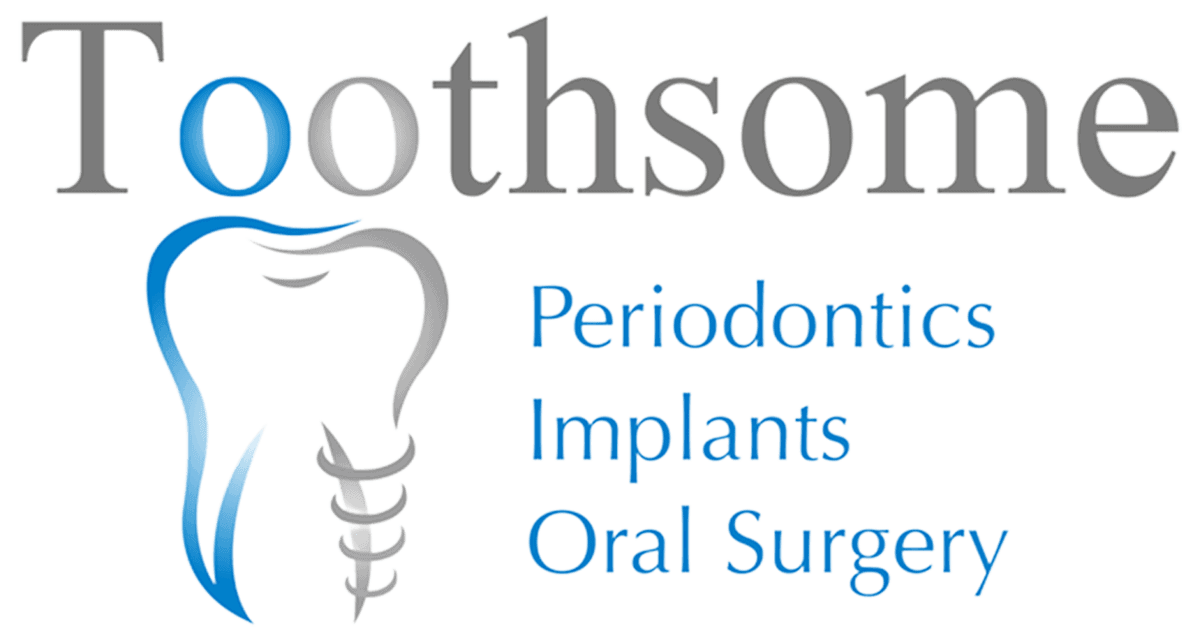
Dental implants are among the most popular solutions for missing or severely damaged teeth because they look, feel, and function just like natural teeth and offer impressive durability.
Despite their popularity, some people are nervous about the idea of undergoing dental implant surgery. For many people, these nerves stem from a lack of knowledge of what happens during the procedure. If you’ve ever considered getting dental implants and have wondered ‘how are dental implants done,’ this comprehensive guide will tell you everything you need to know.
What are Dental Implants and How Can They Help Patients?
Dental implants are screw-shaped metal posts that are inserted into the jawbone at the site of a missing tooth during the dental implant procedure. To avoid implant rejection and allergic reactions, implants are typically made from the biocompatible material titanium zirconium. Over time the bone fuses to the implant in a process known as osseointegration and acts as an artificial root to which a crown, bridge, or denture can be attached.
Having dental implant surgery allows individuals with missing teeth to smile with confidence, speak clearly, and enjoy their regular diet. Beyond the aesthetic benefits of undergoing the dental implant procedure, there are various other advantages; dental implants help avoid jawbone deterioration.
When a tooth is missing, the surrounding jawbone is reabsorbed into the body, which causes both cosmetic and medical problems such as loose teeth, tooth drifting, bite misalignment, and even a collapsed profile. Dental implants prevent this by stimulating bone growth.
How Are Dental Implants Done: A Step-by-Step Guide
Step 1: Initial Consultation and Treatment Planning
Before your dentist recommends dental implant surgery, they will examine your teeth and assess your oral health and determine whether you are a suitable candidate for this procedure. This may involve receiving X-rays and/or a CT scan.
Once your dentist has established that you are a good fit for dental implants, they will provide you with a detailed treatment plan, taking you through each part of the dental implant procedure and letting you know what to expect. Make sure to ask all your questions about how dental implants are done to give yourself peace of mind.
Step 2: Placing the Implant
In some cases, some preparatory work needs to be done before the dental implant surgery. For instance, a damaged tooth may need to be extracted. If significant bone loss has already occurred, a bone graft may be necessary to stabilise the jaw before the dental implant procedure. If you need this kind of treatment beforehand, the site will need time to heal before the implant can be fitted.
Your dentist fits the implant in a single appointment. After numbing the area with a local anaesthetic, they drill a tiny hole into the jawbone to insert the implant. This is done one of two ways: through flapless keyhole style surgery or by making a tiny incision into the gum to expose the bone.
 At Toothsome, our dentists are skilled at performing dental implant surgery, and the procedure is completed relatively quickly.
At Toothsome, our dentists are skilled at performing dental implant surgery, and the procedure is completed relatively quickly.
You can also opt for conscious sedation or a general anaesthetic; your dentist will discuss these options with you beforehand.
Although in some cases, the tooth restoration can be completed at the same appointment as the dental implant procedure, most patients need time to heal before proceeding with the next steps. There’s no need to worry about being left with a gap in your teeth as your dentist can fit a temporary crown.
Step 3: Recovering and Osseointegration
There are two parts to the post-dental implant surgery healing process: the recovery of the gums after the surgery and the fusing of the jawbone to the implant. The time it takes for osseointegration to occur varies from person to person but usually takes between six and eight weeks.
At Toothsome, we encourage our patients who have undergone a dental implant procedure to visit the clinic for follow up appointments to check how the implant is healing and see whether it is ready for the next stage of the process. You should also feel free to contact your dentist if you are concerned that you are not healing properly.
Step 4: Fitting the Abutment
An abutment is a small piece of metal that connects dental implants with the artificial tooth, usually a crown. In some cases, the abutment can be fitted at the same time as the implant.
Step 5: Preparing and Fitting the Artificial Tooth
Once the dental implant and abutment are in place and your gums have healed, you can be fitted for the artificial tooth. This involves taking an impression of the area to ensure the perfect fit.
Whether it’s a crown, bridge or denture, your artificial tooth is custom made, taking the size, shape, and colour of your other teeth into account. Once in place, your dentist ensures that it fits perfectly and blends seamlessly with your other teeth.
Looking after your dental implants is similar to regular oral hygiene practices, but your dentist can answer your questions and discuss specific dental implant maintenance with you.
Are Dental Implants Right for You?
Understanding how dental implants are done will not only make you feel more comfortable with the idea of undergoing the procedure, but it will also assist you in deciding whether implants are the right tooth replacement solution for your needs.
Although the process of dental implant surgery takes several months, the results are worth it. Dental implants last a lifetime and can restore the natural function and appearance of your teeth.
At Toothsome, our Specialists Dr Patty Chou and Dr Rohan Rodricks and Dental Surgeon Dr David Willis, are highly experienced in the dental implant procedure and work hard to guarantee you feel safe and happy with the results. If you have any questions about dental implants or would like to book an initial consultation, contact Toothsome on (02) 8203 8786 today.
Note: Any surgical or invasive procedure carries risks. Before proceeding, you should seek a second opinion from an appropriately qualified health practitioner.


